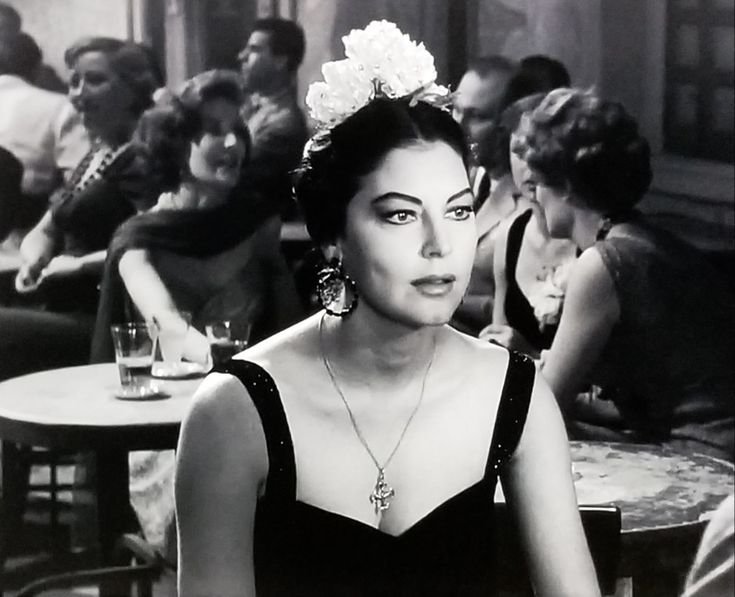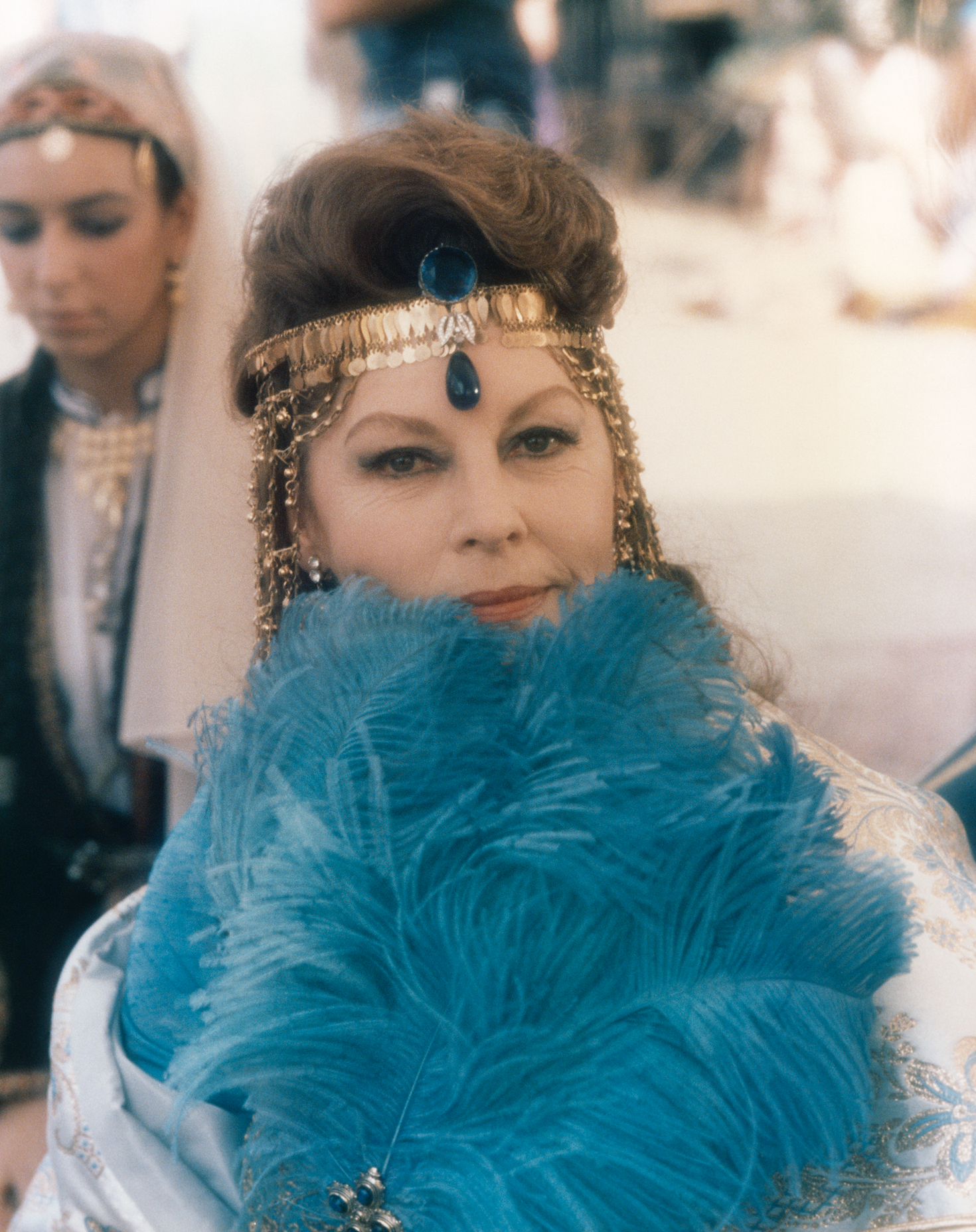Entertainment
Film
When Ava died in January of 1990, People magazine put her on the cover with the headline, “The Last Goddess.” Ava Gardner was so much more than a goddess. For nearly half a century, Ava Gardner wowed audiences in over 60 film and television productions.
Ava portrayed daring, tenacious characters in nearly every film genre – comedy, drama, noir, musical, western, disaster, and more. The diverse range of the strong-willed women she brought to life on screen enhanced the publics’ fascination with her. Her work has held up beautifully under the test of time with two of her movies being restored by the American Film Institute: The Killers (1946) and Pandora and the Flying Dutchman (1951).
While her natural beauty helped launch her career at the tender age of 18, it was her innate talent and earthy, magnetic screen presence in classic films like The Killers, Show Boat (1951), Mogambo (1953), The Barefoot Contessa (1954), and The Night of the Iguana (1964) that ultimately made her an international star. Her international celebrity was cemented in her world tour publicizing The Barefoot Contessa.
During her career, she received recognition and accolades from critics, fans, and film festivals the world over earning Oscar, Golden Globe, and BAFTA acting nominations along the way. At the peak of her studio career, Ava left her hand and footprints at Grauman’s Chinese Theatre, and, in 1960, she received a star on the Hollywood Walk of Fame. Ava has been celebrated with historical markers in the U.S. and England, a bronze statue of her overlooks the coast of Spain, and she’s been featured on stamps in at least eight countries. The American Film Institute named Ava one of the 50 greatest screen legends of the 20th Century.
Ava modestly dismissed her talent as an actress, but her versatility and skill was undeniable. Her co-stars and directors attested to her ability. Ava made three movies with Gregory Peck, and they were lifelong friends. He said, “She had this natural poignancy, and her feelings ran very deep. To my mind she developed into a fine actress. I’ve been telling her that for years, and she always waves it off.”
Her director in The Snows of Kilimanjaro (1952), Henry King, said, “She’s a girl who just sits there and you think she’s not even listening to you, but she’s absorbing everything. I’m crazy about her. She played Cynthia in The Snows of Kilimanjaro, and I don’t believe there’s anyone who could have given the performance that she did. On the set, you think she’s giving you nothing, but she’s giving you everything. Ava has a little something extra. She does things in such an easy way. I thought she was terrific.”
Stanley Kramer, her director in On the Beach, praised Ava’s talent when he said, “She’s avid to grasp every nuance of her next scene. Her projection really is extraordinary. Swiftly she can go from softness to pathos to violence. What the camera captured was pure myth.
Joseph Cotton, her co-star in The Angel Wore Red (1960), said, “Ava, besides being beautiful and glamorous, was straightforward and definite. She was born to be an actress; I never saw her make a false move or miss a word.”
Stewart Granger starred with Ava in The Little Hut (1957) and Bhowani Junction (1956). He praised her by saying, “There was no movie star thing with Ava. She never kept you waiting while she played with her makeup like so many others. She was always on time and completely professional and never complained about the heat and the flies. In fact, Ava Gardner was one hell of a woman!”

Jean Ogilvie in "The Hucksters" (1947)

Pandora Reynolds in "Pandora and the Flying Dutchman" (1951)

Julie LaVerne in "Show Boat" (1951)

Cynthia Green in "The Snows of Kilimanjaro" (1952)

Eloise Y. “Honey Bear” Kelly in "Mogambo" (1953)

Maria Vargas in "The Barefoot Contessa" (1954)

Victoria Jones in "Bhowani Junction" (1956)

Moira Davidson in "On the Beach" (1959)

Soledad in "The Angel Wore Red (1960)
Television
For many years Ava resisted appearing in television roles. She once commented that the rigor of television production was very different from movie production and was challenging for her in her mature years. She did appear in five series with very different characters, giving admirable performances, once again attesting to her talent and versatility as an actress: A.D., Harem, The Long Hot Summer (left as Minnie Littlejohn alongside co-star Jason Robards), Knot’s Landing, and the pilot, Maggie.

Agrippina in "A.D." (1985)

Ruth Sumner Galveston in "Knots Landing" (1985)

Kadin in "Harem" (1985)

Diane Webb in "Maggie" (1986)
“She had this natural poignancy, and her feelings ran very deep. To my mind, she developed into a fine actress. I’ve been telling her that for years, and she always waves it off.”
– Gregory Peck, Actor






